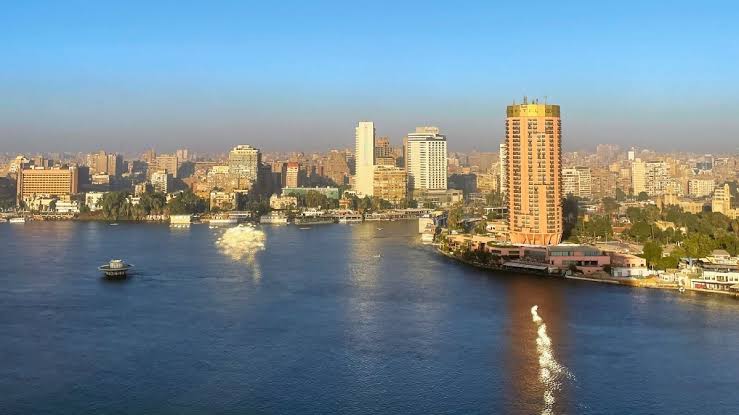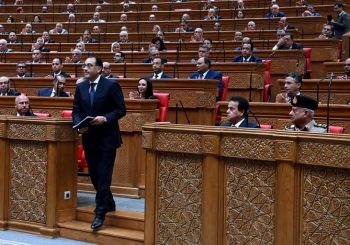Egypt, represented by Foreign Minister Badr Abdelatty, has formally condemned on Tuesday 9 September Ethiopia’s inauguration of the Grand Ethiopian Renaissance Dam (GERD) in a letter to the United Nations (UN) Security Council.
Egypt asserted that the project remains a unilateral endeavor that violates international law and does not alter the legal framework governing the Eastern Nile Basin.
In the letter, Abdelatty emphasized that Ethiopia’s recent actions add to a series of violations, including a UN Security Council Presidential Statement from September 2021.
He reaffirmed Egypt’s steadfast position against any unilateral Ethiopian measures that compromise the existential interests of downstream countries, particularly Egypt and Sudan.
Cairo’s communication to the UN stressed that any belief that Egypt would ignore its vital interests in the Nile is a misconception.
The letter reiterated Egypt’s commitment to international law and its refusal to accept Ethiopian attempts to control water resource management unilaterally.
Egypt has maintained engagement with international organizations, including the UN, enforcing a restraint approach.
This approach, according to the foreign ministry, stems from a desire to foster cooperation and mutual benefits among Nile Basin countries rather than an inability to defend national interests.
Abdelatty criticized Ethiopia’s approach, describing it as intransigent and politically motivated, aimed at delaying negotiations while enforcing a fait accompli.
He accused Ethiopia of misrepresenting the situation and rallying internal support by portraying Egypt as an adversary over shared resources.
The GERD, which holds a reservoir capacity of 74 billion cubic meters, has been filled in stages since 2020, raising concerns in Cairo and Khartoum about potential reductions in downstream water flows, especially during drought periods.
Egypt, heavily reliant on the Nile, fears that the dam could exacerbate its water scarcity, given that its annual allocation of 55.5 billion cubic meters is already insufficient for its population of over 108 million.
President Abdel-Fattah Al-Sisi has previously asserted that Egypt will not allow its water rights to be compromised, highlighting the critical nature of the Nile for the country’s survival.
Negotiations between Egypt, Ethiopia and Sudan over the GERD began in early 2012, when the three countries, concerned by the dam’s environmental and geopolitical implications, appointed an international panel of experts to assess its impacts.
In March 2015, they formalized their collaboration with the signing of the Declaration of Principles (DoP) in Khartoum.
Since then, GERD has remained a central and persistent issue, with repeated rounds of talks,sometimes facilitated by third parties like the U.S. Treasury. However, no legally binding agreement has been reached even as construction continued and power generation began.







Comments (0)